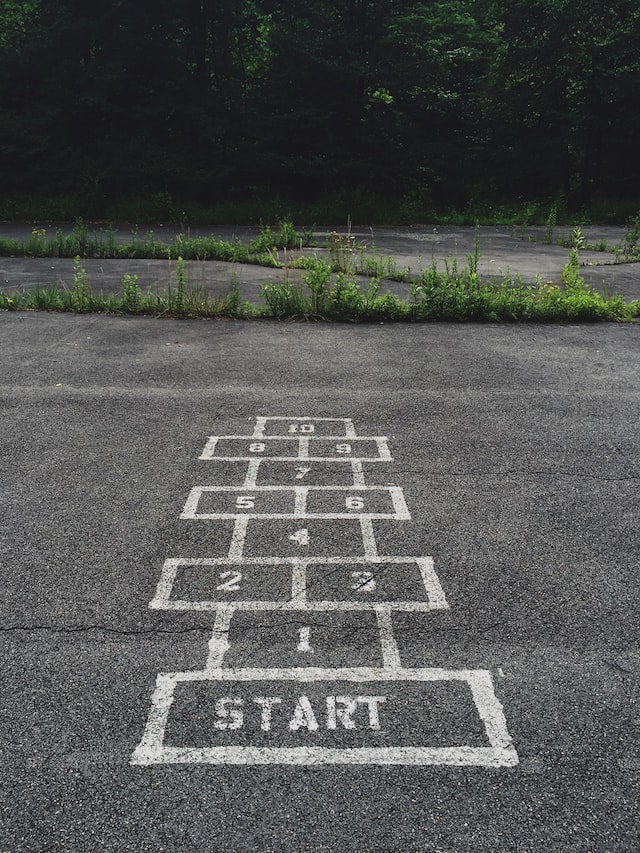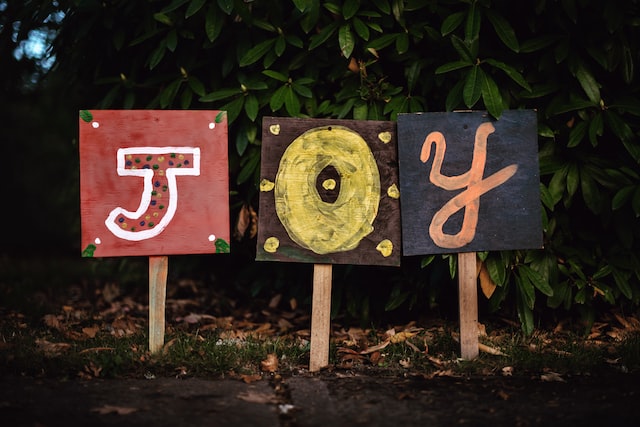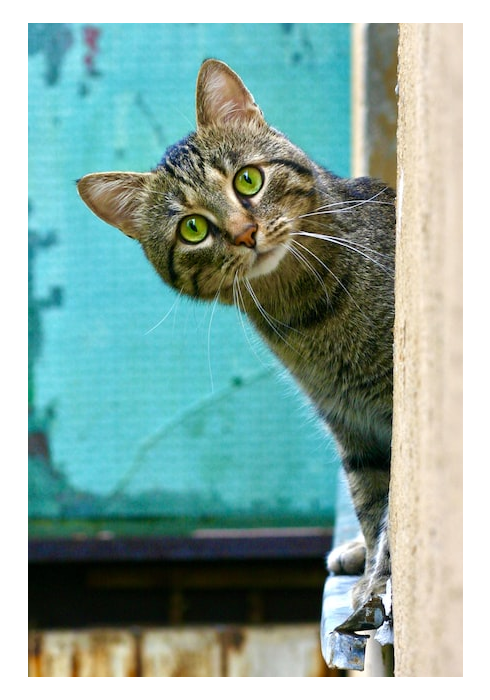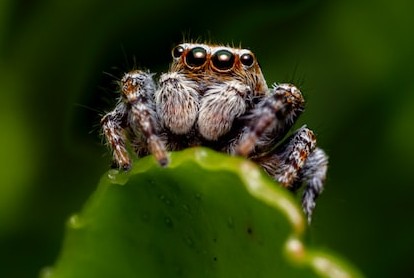First day at Makers Academy: Exciting beginnings

Now that I have finished the first week of the course, I can say that I am certainly enjoying it as much (or even more) as I was expecting.
I have to admit the first day I woke up after not much sleep, and the fifty minutes walking commute to the premises in the very busy London streets while carrying a heavy rucksack wasn’t a piece of cake either, but I am doing a walking challenge and I wanted to chip in some more miles. Nevertheless, I was extremely excited to see how the day developed and to meet all my course mates and coaches. I had the feeling that the course was going to be one of the most life-changing things I had ever done, maybe right after moving to another country, as well as an unforgettable experience.
When I arrived, I got signed in by the lovely receptionist and given a borrowed Mac laptop that I had requested in order to complete the course.
Our firs day’s schedule consisted on several talks that worked as an introduction to the course and how things operated, but also as a way to getting to encourage us to talk to each other and get to know each other a bit better.

We started by sitting down in one of the workshop areas and being asked to introduce ourselves, mention what we were doing before going into the course and something we had been enjoying recently. It was very interesting to see such diverse backgrounds, with people from all kinds of former careers, and despite this, how similar our motivations for getting into software development were: Better salary, better work/life balance, improved quality of life with the chance of working remotely and a more challenging and fun job. Most people didn’t love coding for the sake of it, but everyone seemed very motivated to change their lives and their careers (and perhaps a little bit scared about what the future would bring).
John, our coach for that week, then said that if at some point we didn’t feel like doing those kind of things that we had been enjoying lately any more, it was probably a red flag meaning that we needed to slow down or change our approach. Nothing was worth burning ourselves out, and all the pressure we were going to feel during the course was most likely going to come from ourselves. And that is because Makers gives you a big load of suggested work to do, but at no point bad things happen if you don’t do it. You are meant to work through things at a pace that allows you to learn things properly, rather than trying to rush through the materials with the intention of finishing them, and all this progress is self directed (we set our own goals and are responsible for proving their completion).

My favourite talk was the second one, given by Dana, Chief of Joy at Makers and writer of some very interesting and useful blog posts about mindfulness and wellbeing. She started by explaining what emotional intelligence (EQ) was and how it is one of the most important skills to succeed as a Software developer, even comparable to technical knowledge. She then walked us through what life as a Maker would be like, what difficulties we would encounter and how to face them to get the maximum growth while keeping a healthy level of stress and enjoying our time there. Dana also holds daily meditation sessions and weekly yoga for the students, as well as 1:1 coaching sessions, in order to teach us how to make the most of our learning experience and become more resilient and balanced human beings.
Something I found very curious was when she asked us who of us identified as introverts, ambiverts or extroverts. Of the 20 or so that form our cohort, only two identified as extroverts, which was quite shocking. I guess it makes sense for a career like that to attract people that recharge their energy by being on their own, but I guess I am so used to being surrounded by extroverts during school and uni that this seemed quite strange to me.
 Another fun detail was when Dana asked for volunteers (I raised my hand because why not) and then asked us what our favourite was animal and why. Once more, it was a question we were not expecting at all, but it made sense as it said a lot about ourselves and worked as an ice-breaker. Of course, I said the cat, for a lot of reasons, but one of them was that they are always clear about what they like and dislike and about what their needs and boundaries are, they are “honest” about their feelings and they live in the moment, enjoying themselves as much as they can.
Another fun detail was when Dana asked for volunteers (I raised my hand because why not) and then asked us what our favourite was animal and why. Once more, it was a question we were not expecting at all, but it made sense as it said a lot about ourselves and worked as an ice-breaker. Of course, I said the cat, for a lot of reasons, but one of them was that they are always clear about what they like and dislike and about what their needs and boundaries are, they are “honest” about their feelings and they live in the moment, enjoying themselves as much as they can.
During one of my pairing sessions, I asked the other person I paired with what her favourite animal was and she mentioned that it was an ant, but that she had been to ashamed of saying that as nobody likes insects and she didn’t want to seem weird on her first day. I asked her what she liked about ants, and she mentioned it was fascinating to see them work together as a team and all they could achieve despite their size, how strong they were. I reassured her that those were fantastic reasons to love ants, that I also found insects were very interesting and tried to encourage her to let others know next time and to be proud of her choiced. Then she opened up a bit more and mentioned that she also loved spiders, because in her religion, spiders helped one of the prophets, but that again everybody seemed to hate spiders, so she never mentioned it. I said that spiders are great because they eat mosquitoes and flies, and that I love seeing them around my house, and that I liked knowing that at least one religion could see how cool creatures they were.

That conversation kept my overthinking brain going for a while. Often I wish we lived in a society were people could be themselves and say what they think without the fear of being considered weird, out of the norm or unlikeable. Variety and diversity are some of the most wonderful things on this planet and certainly life would be really boring if we were all “normal”. I can only hope that one day, people like any room full of people is a safe space to be themselves as long as it doesn’t interfere with other people’s freedoms and safety.
Our third event of the day consisted of a video-call where we met all of the coaches. Each of them let us know some insightful thoughts about the course and we were able to ask them some questions. When we asked the ones that had done the course in the past what would they change if they went back, most of them the mentioned they would try to enjoy themselves more and stress less. I made sure to make a mental note of this in my head and highlight it several times.
After all the talks, I stayed chatting to one of the students I had previously paired with during the pre-course and we had some fun and some deep conversations. I was quite happy feeling like I already had some good friends in the course, but even more when I realise that as far as I could see from the people I talked to, everyone seemed really nice and friendly.
That evening, some of the people of the group went out for a drink and we talked for a bit about music (turns out we have a few musicians in our cohort!), TV series and how we felt about the course so far. It was a nice end to our day at Makers and everyone seemed to slowly relax as they realised they had survived that first day.

The were a few of things about the company and the course that were very clear after this first day:
-
Makers Academy encourages students to set their own meassurable goals and opts for self-directed learning through projects rather than the academic learning we are used to. This means that the learning experience is much more interactive, having a large amount of feedback and also meaning that we learn while we do, rather than being given some contents we need to memorize in an isolated way and use to pass a test. All the contents we are given are part of a whole system, and the more we learn, the more we can understand about it and the more fun things we can build using that knowledge.
-
Trust the process. From the first they, we were told the course would be, at many points, uncomfortable, in the sense that we would feel constantly challenged and out of our comfort zone. There are a lot of things that may not make sense to us to start with, or that we think could be done better, but they are a company with several years of experience and seem to know what works and what doesn’t. Their goal appears to be to help create well-rounded, healthy and happy software developers.
-
The emotional intelligence curriculum is as important as learning the technical skills During this first week, one of the things that has made me fall in love with this course is the emphasis they put in the importance of developing one’s emotional intelligence, and how this will be extremely useful both for us as human beings and for the time we are looking for a job or wanting to retain it. Wellbeing should always be our priority, and that includes while we are on the course. It was also mentioned at several points how our cohort might feel like a little family, and it was in everyone best interest to take care of one another and help as much as we can.
-
They put a lot of emphasis on the importance of pairing. Some people may find coding with someone else really fun and other people may think of it as annoying and delaying, but in any case, it is highly recommended to learn how to be a good pair, as it is one of the abilities employers will value the most. Nobody appreciates working with someone that can’t work as part of a team, no matter how good they are at what they do, and pairing will also improve the skills needed to be both a good mentor and mentee.

I hope you have enjoyed this post and, as usual, please stay tuned for more fun adventures at Makers Academy!